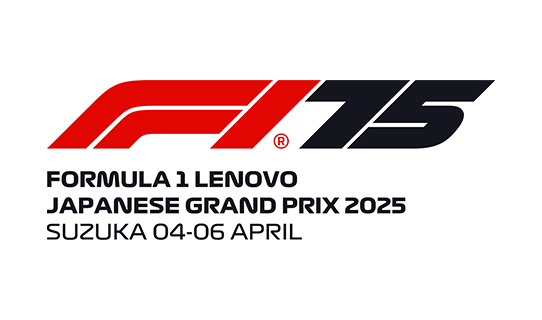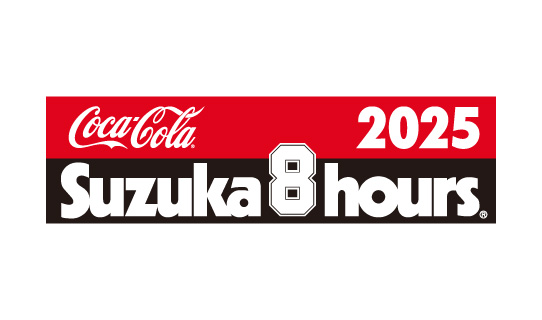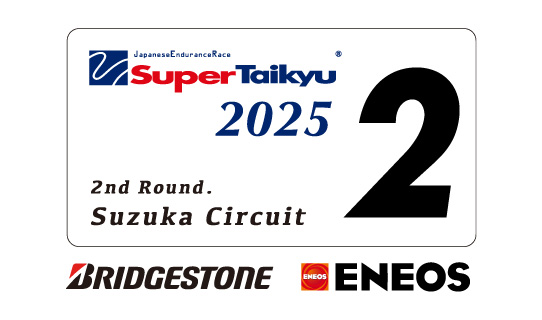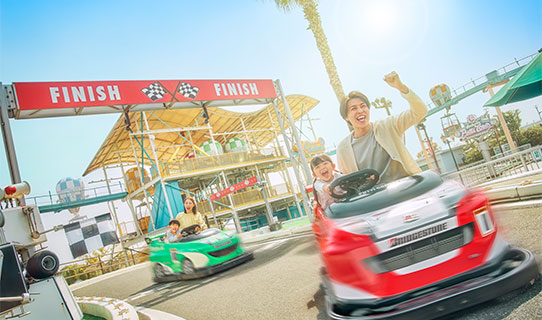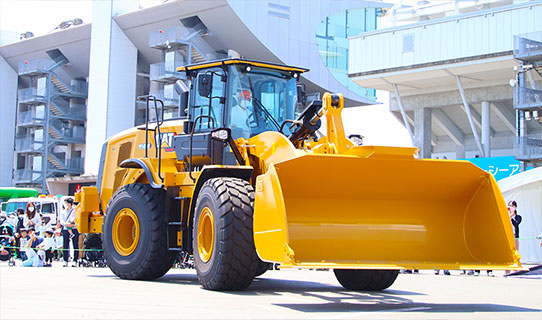Welcome to the World of Motorsports!
Want to watch the race, but
"Worried that the commentary might be too difficult to understand..." "Or that the action might be too fast to keep up with..."
Do you have those kinds of concerns?
Knowing commonly used race terms will greatly enhance your enjoyment of watching the race.
First, let’s learn the basics of motorsports together!
 Motorsports Terminology Guide
Motorsports Terminology Guide
Qualifying
Qualifying determines the starting order for the final race. In F1, a system called the "knockout format" is used, where only drivers who set fast times advance to the next stage. Because of this, intense battles unfold right from qualifying, creating a truly "survival"-like scenario.
Pole Position
The front-most position where the driver or rider who records the fastest time in qualifying can start the final race. Even if they are top in qualifying, the rankings can change significantly in the final race depending on strategy and race developments, drawing attention to the race's outcome.
Formation Lap / Warm-Up Lap
Before the start of the final race, each vehicle completes one lap of the course from their respective starting positions (starting grid) and then lines up again in the same positions. This lap is called the "Formation Lap" or "Warm-Up Lap" and is conducted to check the condition of the vehicles and to adjust the tire temperatures.
Fastest Lap
The fastest time recorded during the final race is called the "Fastest Lap." This time is continuously updated as the race progresses, drawing attention to the lap times each driver or rider sets for each lap.
Overtake
Overtaking refers to passing the machine running ahead during the race to improve your position. It is a highly challenging technique that requires advanced skill and precise timing. Races with many overtakes tend to be intense and extremely exciting to watch.
Check with Plus +!
Do You Know the Name of That Place?
Leader Tower
An information tower that displays real-time race positions and lap times.
It serves as an important checkpoint during viewing, allowing you to check each driver’s and rider’s position changes and time differences.
It is also equipped with functions to display text information and images, and during race events, event logos may be shown.
Grid
The starting positions arranged in order of fastest times based on the results of qualifying (time attack).
Each grid is numbered, clearly indicating the position where the vehicle must stop.
In many races, before the start, vehicles go out on the course once (formation lap, warm-up lap) to confirm their grid positions, and then the race begins.
The starting position greatly influences the race development, so drivers and riders fiercely compete from the qualifying rounds onward.
Podium (Award Stand)
This is a place to honor the efforts of drivers and riders who have endured the grueling race.
Standing on this award stand is a prestigious position reserved only for the top 3 individuals (or top 3 teams) among many participants.
A ceremony corresponding to the results is held during the awards ceremony, and at the end, a glamorous presentation with sparkling wine celebrates the winners.
The sight of the athletes who have achieved glory deeply moves the spectators.



 Motorsports Flags
Motorsports Flags
Flags are used to communicate the course conditions from officials who monitor the track and support race operations to the drivers and riders on the course.
-

CHECKER FLAG
Flag indicating the end of the race. It is also widely known as the flag symbolizing the race.
-

Yellow Flag
Signal to warn of danger. Overtaking is prohibited beyond the point where this flag is displayed.
-

Orange Ball Flag
Signal to notify mechanical trouble on the vehicle. Can restart after repair in the pit.
-

Green Flag
Signal that the course is clear. It is also displayed at the next marshal post (hut) after the yellow flag ends, and in that case, acceleration and overtaking become possible.
-

Red Flag
Signal to stop the race due to danger. Because there is a hazardous area, drivers and riders must immediately suspend the competition and slowly return to a designated location at the slowest possible speed or a speed at which they can stop.
 Vehicles Essential for Safe Race Management
Vehicles Essential for Safe Race Management
-

Marshall Car
This vehicle quickly rushes to the scene when trouble occurs on the course, prioritizing safety above all else. Its presence is announced to the surroundings by sirens and strobe lights.
-

Safety Car
This vehicle is responsible for controlling the speed and formation of running machines to respond to dangerous situations that occur during the race. At SUZUKA CIRCUIT, experienced drivers who are well-acquainted with the course operate this vehicle, supporting safe race management.
-
Advanced Ambulance
This is a dedicated vehicle for rescuing and providing first aid to drivers and riders injured during the race. The interior is equipped with numerous medical devices such as oxygen inhalers and AEDs, making it like a mobile hospital. It is a highly reliable presence capable of quick and accurate response in emergencies.
-

Road Sweeper
A specialized vehicle that cleans the racing course while driving, removing accumulated sand and worn tire debris. Equipped with brushes and suction devices on both sides, it efficiently cleans the course and contributes to maintaining a safe driving environment, especially during race events, through swift operations. The collected debris is stored in a tank at the rear of the vehicle and is properly disposed of once it reaches a certain amount.
-

2-Wheel Recovery Truck
The 2-Wheel Recovery Truck is essential when a motorcycle stops on the racing course.
Unlike a typical truck, this vehicle is equipped with a large dolly attached to the rear, allowing it to move close to the stopped motorcycle, safely load it, and transport it to the pit. -

Crane Truck
A specialized vehicle used to safely recover four-wheeled machines that have stopped on the racing course. It is equipped with a crane behind the driver's seat that can lift, load, and transport the machine. It plays an especially important role in rescuing formula cars due to its mobility and high work efficiency.
-
Hydraulic Cutter Vehicle
Although it looks similar to a regular vehicle, it is a specialized vehicle equipped with special rescue equipment.
As the name suggests, it is equipped with a "hydraulic cutter" that uses hydraulic power to cut and expand obstacles, and is used for rescue operations on parts of accident vehicles such as doors and bodies that cannot be moved by human strength.
It is a very important vehicle that supports quick and safe rescue operations. -
Fire Extinguisher Equipped Vehicle
Although it looks similar to a typical wagon, it is a specialized vehicle equipped with high fire-extinguishing capabilities. The fire extinguisher mounted at the rear of the vehicle can discharge water at high pressure, allowing for rapid response to extinguish fires threatening machines. Due to its high performance, it is even referred to as a mini fire truck.
-

Watering Truck
This is a specialized vehicle that sprays water stored in a tank mounted at the rear of the vehicle. When a large amount of dirt adheres to the racing course, it sprays water over a wide area all at once to clean the track surface. To perform more efficient cleaning operations, it sometimes works in coordination with the Road Sweeper.
-

Oil Sweeper
A specialized vehicle used to remove oil spilled on the track during a race.
Driving over spilled oil can cause crashes or falls, so a swift and reliable response is required. -

Doctor Car
A specialized vehicle carrying doctors and nurses that is dispatched directly to accident scenes to provide initial treatment.
In motorsports, it stands by near the course to provide prompt response when a driver is injured, supporting the safe management of the race.

